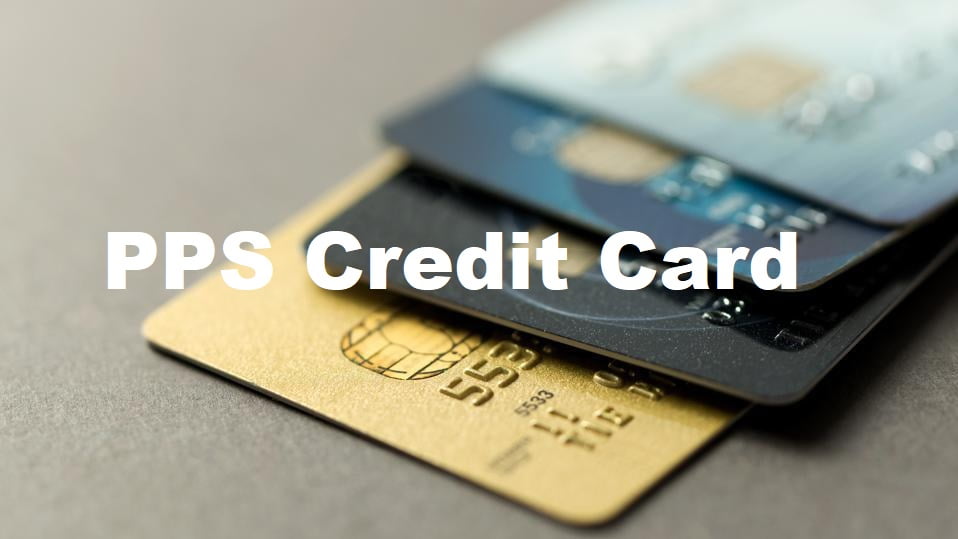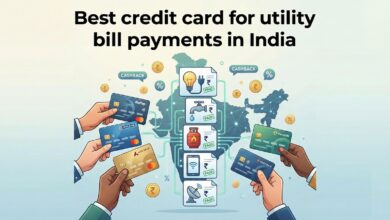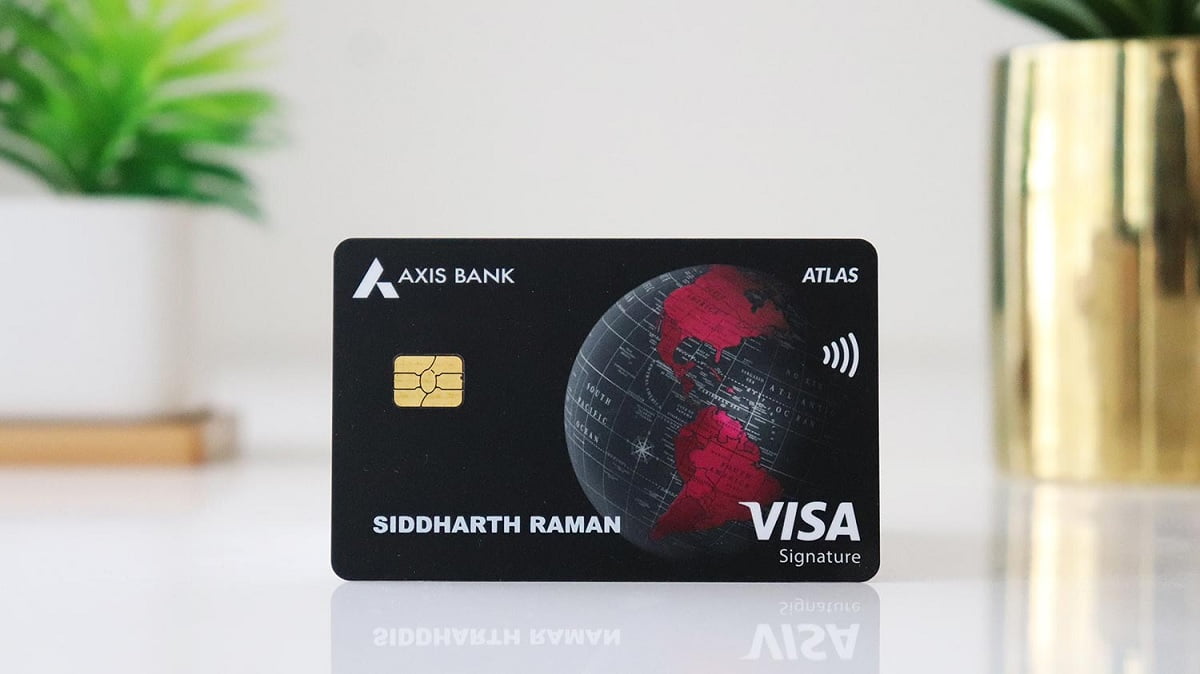Quick Card Charge on Your Credit Card 2026

If you’ve ever made a large purchase and seen it reflected on your credit card balance right away, you’ve experienced a quick card charge. This refers to charges that are posted to your account very soon after the transaction takes place, sometimes within minutes or hours. Here’s what you need to know about quick card charges and how they work.
What Is a Quick Card Charge?
A quick card charge is a credit or debit card transaction that hits your account and shows up on your statement very rapidly compared to a normal purchase. Typically, when you use your card, it can take 1-3 business days for the charge to fully post. With a quick card charge, the funds are deducted from your available balance almost instantly.
Merchants and banks utilize advanced digital processing to enable real-time card authorization. As soon as the transaction goes through, it posts to your account. This allows merchants to receive payment quickly without waiting the typical few days.
How Do Quick Card Charges Work?
Quick card charges are made possible through sophisticated payment processing networks. Here’s a quick rundown of what’s happening behind the scenes:
- You swipe or insert your credit/debit card at checkout. This could be in-person or online.
- The merchant sends the transaction data to their payment processor. This includes your account number, name, expiration date, and purchase amount.
- The processor contacts your card’s issuing bank and requests authorization. This verifies your account is valid and has enough of an available balance to cover the charge.
- Upon approval, your bank places a hold on your account for the amount. This deducts it from your available balance.
- The merchant is notified that the sale is authorized and can complete the transaction.
- Within minutes, the finalized charge is submitted to your bank and immediately posted to your account.
The entire process takes just seconds or minutes with the right technology. That’s why you see the charge on your statement so quickly compared to standard times.
Why Do Merchants Use Quick Card Charges?
For merchants, quick card charges come with a few notable benefits:
- Faster settlement times: With real-time posting, merchants get paid out much faster by their processor rather than waiting days for funds to clear.
- Improved cash flow: Quick access to revenue from sales enables merchants to reinvest and cover overhead costs without waiting for settlement periods.
- Lower risk: When charges post quickly, merchants don’t have to worry as much about disputes or reversed charges down the line.
- Better customer experience: Customers expect their payments to process quickly and appear on their statements when promised. This improves trust and satisfaction.
The speed and convenience provided by quick card charges make accepting payments easier and more reliable for many businesses. Large companies are more likely to have this type of payment processing capability.
Common Examples of Quick Card Charges
There are a few common purchase situations where you’re likely to encounter quick card charges:
- Gas stations– When you pay at the pump with your credit or debit card, the charge will show up on your statement very rapidly, usually within an hour.
- Hotels– Most hotels authorize your card upon check-in and finalize the charge soon after you check out. You’ll see it on your account right away.
- Car rentals– Rental car companies quickly charge your card for the estimated total at the start of your rental. The final charge posts soon after you return the vehicle.
- Cruise vacations– Cruise lines will authorize your card for the full cost early in the booking process. The charge will be posted to your account swiftly.
- Online electronics retailers– When shopping online for tech and electronics, merchants often use quick card charges to process orders faster.
- Large ticket purchases– Any high-dollar item like furniture or jewelry is more likely to have real-time card processing.
Watch for quick card charges following transactions like these when your card is authorized for a substantial amount.
Tips for Monitoring Quick Card Charges
Since quick card charges hit your account so quickly, it’s important to monitor your balances closely. Here are some tips:
- Review your statement daily or set up real-time purchase alerts through your bank. This helps you catch questionable charges.
- Note upcoming large purchases that may post rapidly, so you’re not caught off guard.
- Keep a careful track of your available balance and don’t spend more than that amount to avoid overdrafts or insufficient funds fees.
- Pay extra attention to your statement balance after trips, big-ticket purchases, or transactions involving quick card charges.
- Notify your bank immediately if you see any unauthorized Quick Card activity. Dispute processes differ for real-time versus standard charges.
Staying on top of account activity is key. Quick charges provide convenience but require diligence to avoid issues like fraud or overspending.
Pros and Cons of Quick Card Charges for Customers
As a customer, quick card charges come with both advantages and disadvantages:
Pros
- Convenience of rapid processing and posting of transactions
- Immediate record of purchases on your statement
- Faster rewards earning for credit card purchases
- Improved cash flow management with real-time balances
Cons
- Need to monitor statements closely to avoid overspending
- Higher risk of fraudulent transactions being posted before being caught
- Potential for overdrafts from the lag between authorization and posting
- Lack of float period between transactions posting versus the due date
The bottom line is that quick card charges provide faster service but require you to be more vigilant about account oversight. Make sure you weigh the pros and cons when making purchases subject to real-time processing.
Frequently Asked Questions
Here are answers to some common questions about quick card charges:
Q. How soon do quick card charges post to my account?
Most will show up on your statement within minutes or up to an hour after the transaction is authorized. In some cases, it could take a few hours. But it’s always much faster than the standard 1-3 days.
Q. Can I dispute a quick card charge?
Yes, you can dispute a quick card charge just like any other transaction if you feel it was fraudulent or unauthorized. You may need to act faster, though, because of the rapid posting.
Q. Do quick card charges worsen the chances of overdrafting? Potentially yes – since the funds are deducted from your available balance in real-time, you have less of a grace period and a higher risk of overspending compared to delayed charges.
Q. Are quick card charges more risky for fraud? Somewhat, since fraudulent transactions will post very quickly before you have time to catch them. But credit cards have protections against fraud liability regardless of processing speed.
Q. Can I opt out of quick card charges? Not directly. But you can take steps like not saving your card on accounts to require entering it manually for each purchase, which may slow processing down. Lower purchase limits can also reduce fast charges.
Q. What if a quick charge amount exceeds my available balance? If a merchant submits a real-time charge that exceeds your current balance, most banks will honor the transaction, but you’ll face overdraft fees. It’s important to closely track your spending.
Q. Who pays transaction fees on quick charges? Any card processing fees are paid by the merchant. But if the charge overdrafts your account, you may have to pay overdraft fees to your bank.
In summary, quick card charges allow for faster processing of transactions but require diligence. Check your balances frequently, monitor for fraud, and consider your risks depending on your spending behavior. Speak to your bank if you have concerns about managing real-time charges.



